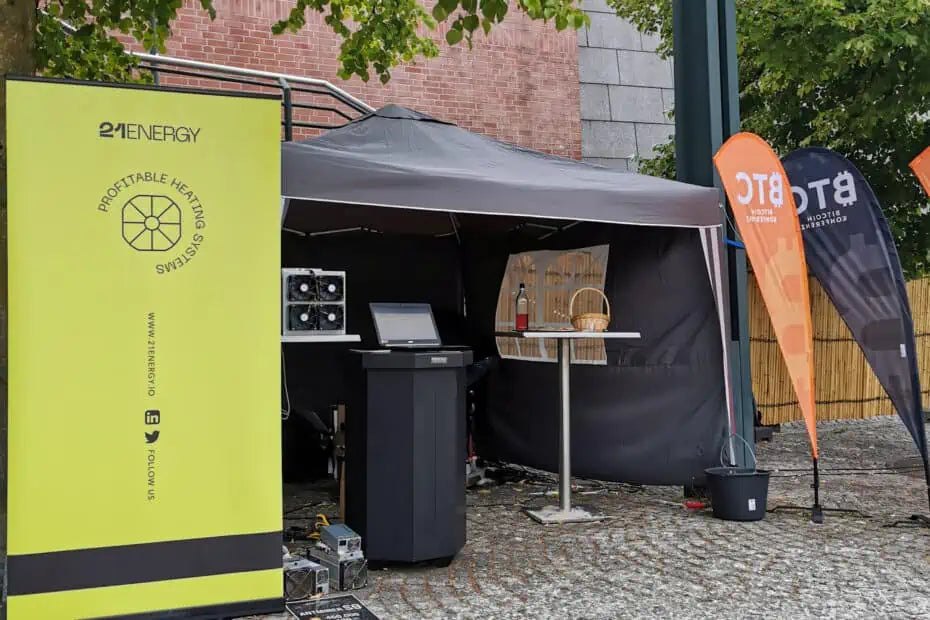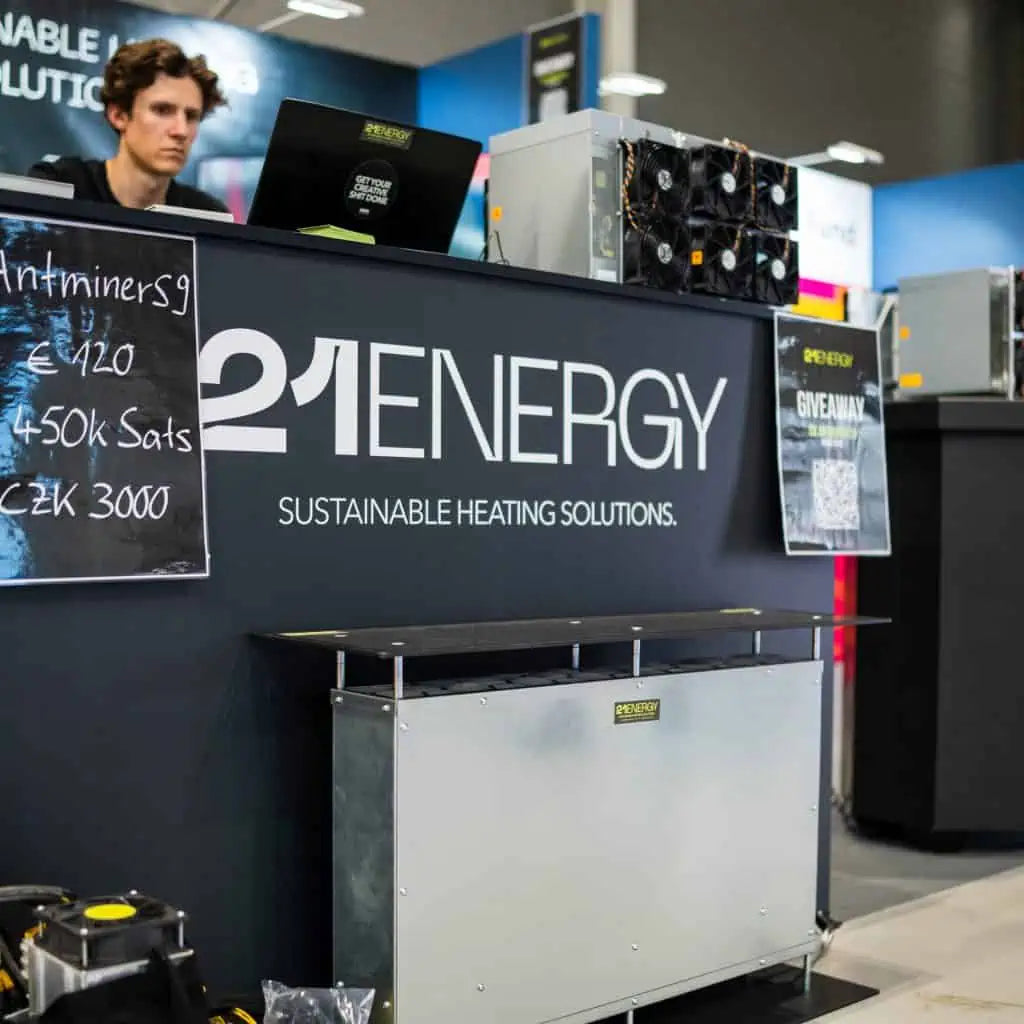Heating with electricity or gas? A comprehensive comparison

Bildquelle: Adobe Firefly
Deciding whether to heat with electricity or gas is one of the most important questions for many households. Both heating systems have their own advantages and disadvantages in terms of efficiency, environmental friendliness and cost. In this article, we compare electric heating with gas heating and show which of the two could be a sensible choice.
Gas heating: traditional efficiency or outdated technology?
Gas heating is the traditional choice in many households. They offer high efficiency and are often cheaper to run than electric heating systems. However, their dependence on fossil fuels means they are no longer a future-proof option. The installation of new gas heating systems is being increasingly restricted by law and is no longer a safe long-term solution. Therefore, the question is not so much whether a new gas heating system should be installed, but rather whether it is worth replacing an existing gas heating system.
"Gas heating systems are often more efficient in terms of heat generation, but they contribute to CO₂ emissions and are therefore less environmentally friendly."
Gas heating systems are also associated with higher purchase and installation costs, as additional expenses are incurred for the connection to the gas network as well as for maintenance and safety checks. The future of gas as an energy source is also uncertain due to legal restrictions and the transition to renewable energies.
Heating your home with electricity - opportunities and challenges
Heating with electricity offers a flexible alternative, especially for well-insulated houses or buildings without a gas connection. The most important options and considerations are:
Heating your home with electricity - the most important options
- Direct heating
- ➜ Fast heat supply, simple installation, but high operating costs.
Infrared heating - Infrared heating
- ➜ Emits radiant heat, heats specific objects and offers a high level of comfort.
- Heat pump
- ➜ Uses environmental energy efficiently, but has higher purchase costs.
Gas heating - Gas heating
- ➜ Less expensive to operate, but dependent on fossil fuels and legal restrictions..
- Bitcoin Heating
- ➜ Uses the waste heat from Bitcoin miners and provides an additional source of income while heating.
Tip: If you opt for electric heating, consider the possibility of combining it with a photovoltaic system. This will allow you to reduce your energy costs in the long term and become less dependent on rising electricity prices.
Why choose Ofen 2
More warmth, more bitcoin, & zero compromise.

Ofen 2
New1,000 WPower*50 m²Area heated32 dBNoise levelup to 35 TH/sMining power*€ 0.08 / kWhBitcoin reward
(1-year average)**€ 0.18 / kWhBitcoin reward
(4-year average)**90 x 32 x 14 cmSize24 kgWeight* ± 10%** As at 06.2025€1.590,00incl. VAT & shippingPre-order now Free shipping
Free shipping 30-day-return
30-day-return Made in Austria
Made in Austria
Advantages and disadvantages of electric heaters
Electric heaters are known for their ease of installation and operation. They do not require a gas connection and can be installed almost anywhere in the house. But how do they compare to gas heaters in terms of cost and environmental friendliness?
| Advantages of electric heaters | Disadvantages of electric heaters |
|---|---|
| Easy to install | High operating costs |
| Low maintenance | High power consumption |
| Eco-friendly with green electricity | Dependent on electricity prices |
Infrared heating vs. conventional electric heating - a comparison of advantages
Infrared heaters specifically heat all objects and items in a room so that they radiate heat evenly throughout the room. This type of heat is often perceived as more pleasant, as it is reminiscent of natural sunlight. Conventional electric heaters, so-called direct heaters, on the other hand, only heat the air, which is often perceived as less pleasant.
Cost comparison: heating your home with electricity or gas
Long-term costs are a key factor when deciding on a heating system. Below is a comparison of the costs per kWh:
| Type of energy | price per kWh |
|---|---|
| Electricity | 0,19 € - 0,42 € / kWh |
| Gas | 0,11 € - 0,19 € / kWh |
Calculate your annual heating savings
Changing the heating - when is it worth replacing?
- High operating costs: Rising heating costs can indicate inefficient heating technology.
- Maintenance costs: Older heating systems often require more repairs and higher maintenance costs.
- Environmental regulations: Modernization requirements as part of the energy transition often make a change necessary.
Before you decide on a new heating system, you should consider the following points:
- The insulation of your home - good insulation reduces heating costs.
- The availability of green electricity - sustainable options reduce CO₂ emissions.
- Subsidy programs - check whether financial support is available.
For those looking for an innovative alternative, 21energy offers a Bitcoin heater. These heaters fully utilize the waste heat from Bitcoin miners for heating and allow you to earn Bitcoin while heating.
Summary and outlook
Whether electricity or gas is the better heating choice depends heavily on the individual living situation and personal priorities. While gas heating systems often offer lower costs in continuous operation, electric heating systems offer greater flexibility and independence from the gas grid. The Bitcoin heating system from 21energy combines heating and Bitcoin mining, making it an innovative alternative. It not only offers a way to optimize heating costs in the long term, but also opens up new ways of creating digital value.
Ultimately, the choice of the right heating system depends on factors such as current energy prices, the availability of renewable energies and individual needs for comfort and sustainability.
Send forward
Your share can inspire countless others.

















































